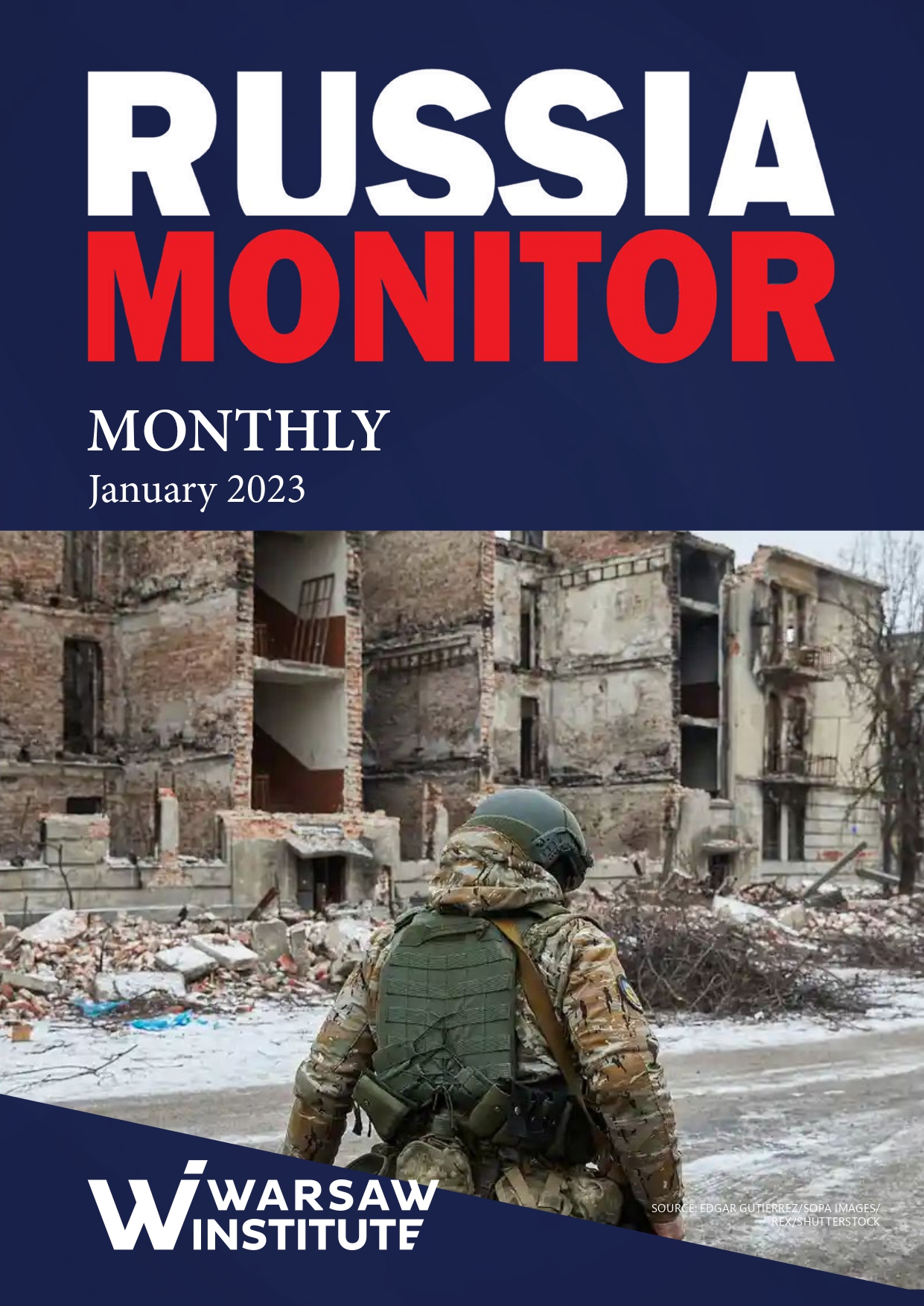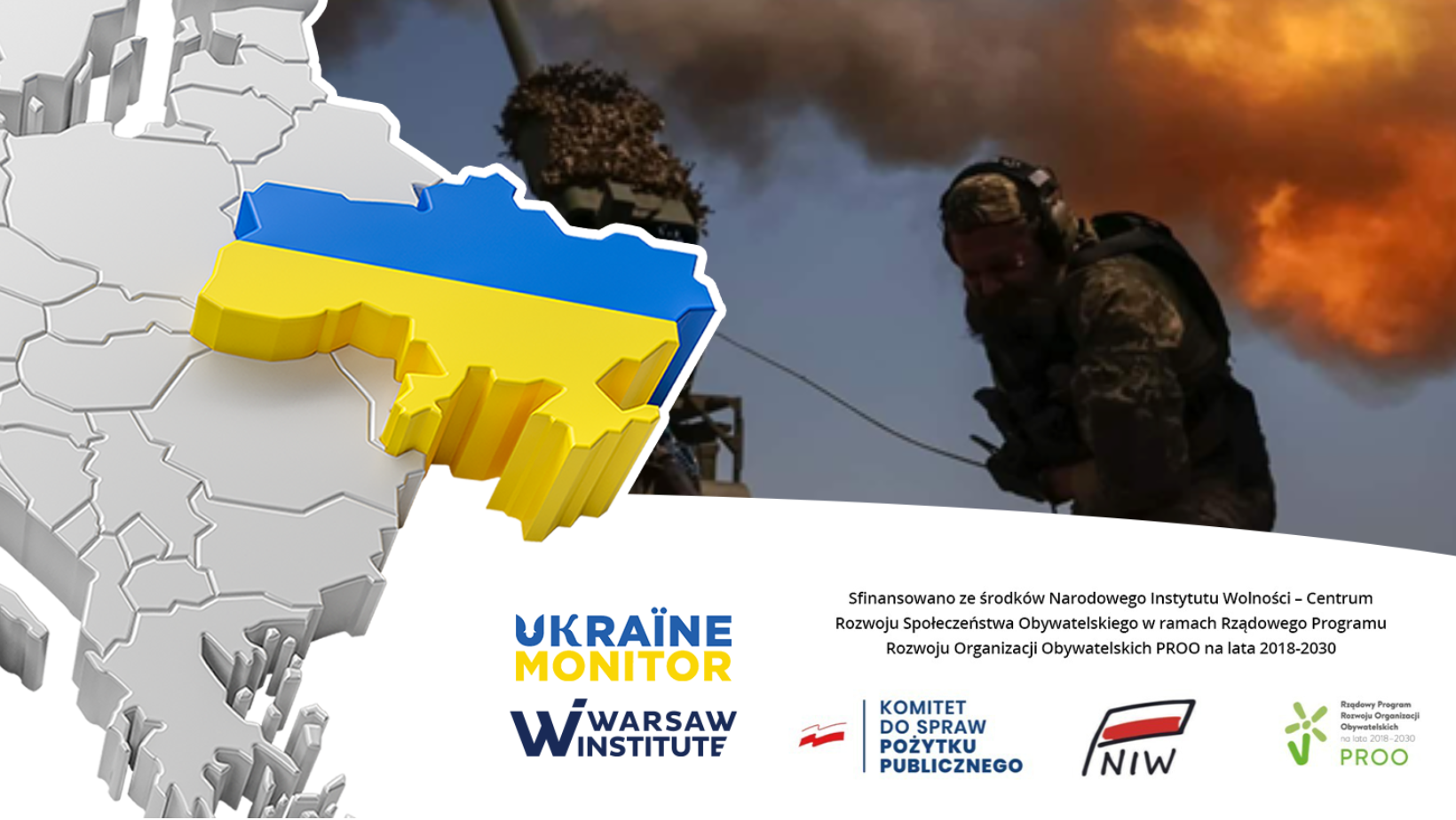
Russian Attack in Northern Ukraine Did Not Crush Ukrainian Spirits
Ukraine’s counteroffensive against Russian forces has not yet gained the momentum that some overly optimistic observers anticipated. Ukrainian forces seek to minimize losses while weakening the enemy by depleting its artillery stocks and targeting facilities behind the front line. And yet the Russian assault on the Kupyansk sector shows Ukraine being close to breaking off a section of the front line––an effort its forces have made continuously since early June. Otherwise, the Russian military command would not have dispatched poorly trained troops to target Ukraine’s fortified positions.

Rosgvardia Receives Heavy Weaponry After Wagner’s Failed Rebellion
Wagner’s mutiny made the Russian regime realize how important it is to keep military leaders at bay, also to thwart any rebellion that might spark in the country. It was for that reason that the Russian National Guard (Rosgvardia) was established to combat “terrorism and extremism” within the country.

Tensions Run High in the Black Sea
Kyiv’s defense ministry said in a statement that such vessels “may be considered by Ukraine as carrying military cargo with all the corresponding risks. The move comes as a response to Moscow withdrawing from a U.N.-brokered deal allowing passage to cargo ships carrying grain from Ukrainian ports.
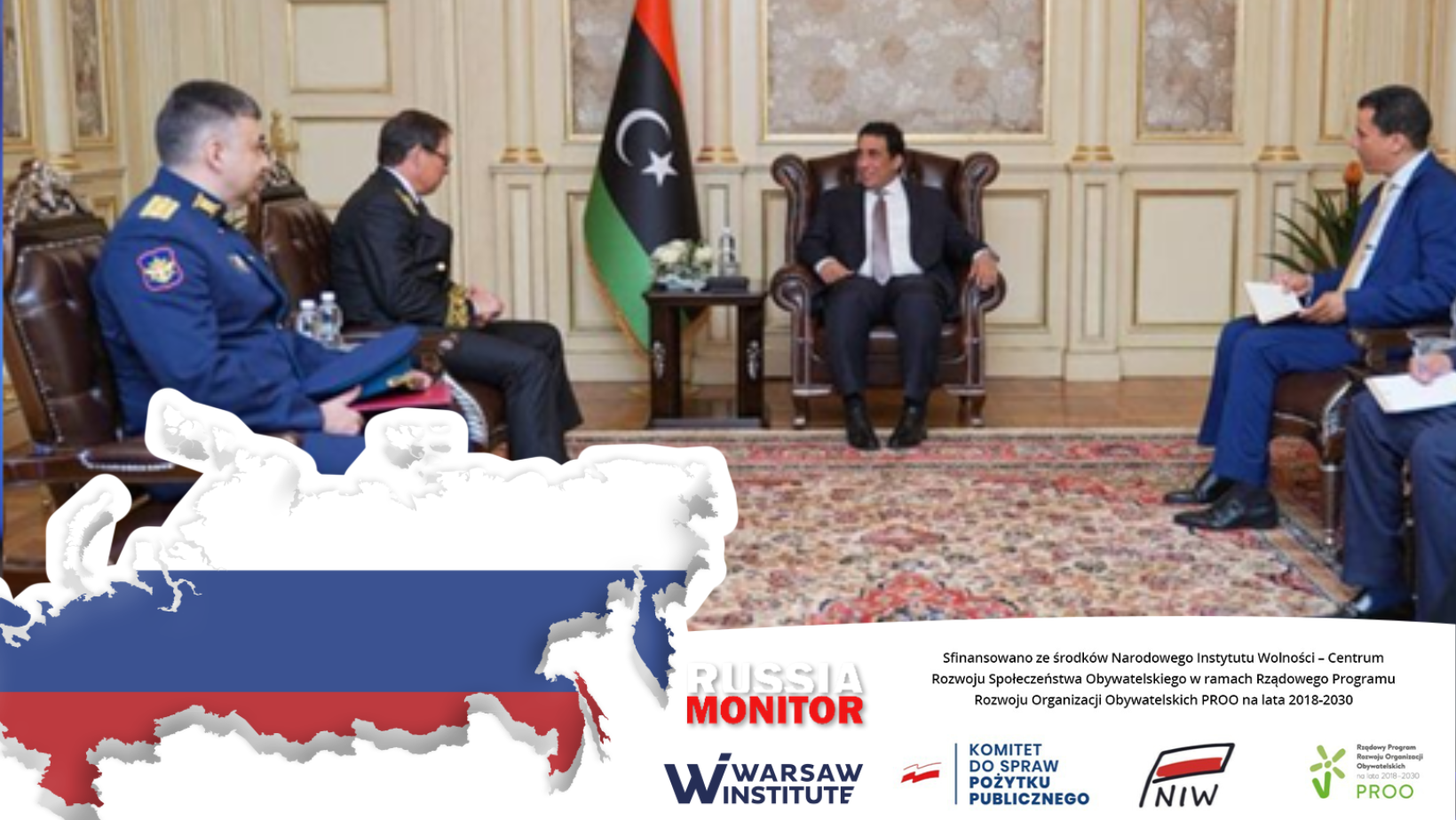
Not Only Wagner: Russian Offensive in Libya
Libya has emerged as Russia’s latest expeditionary front and deployment area for private military companies, including Wagner Group. After Wagner failed, the Kremlin began fixing ties with Libya’s most important players. Russian oil companies, including Tatneft, are ready to resume oil production in Libya.
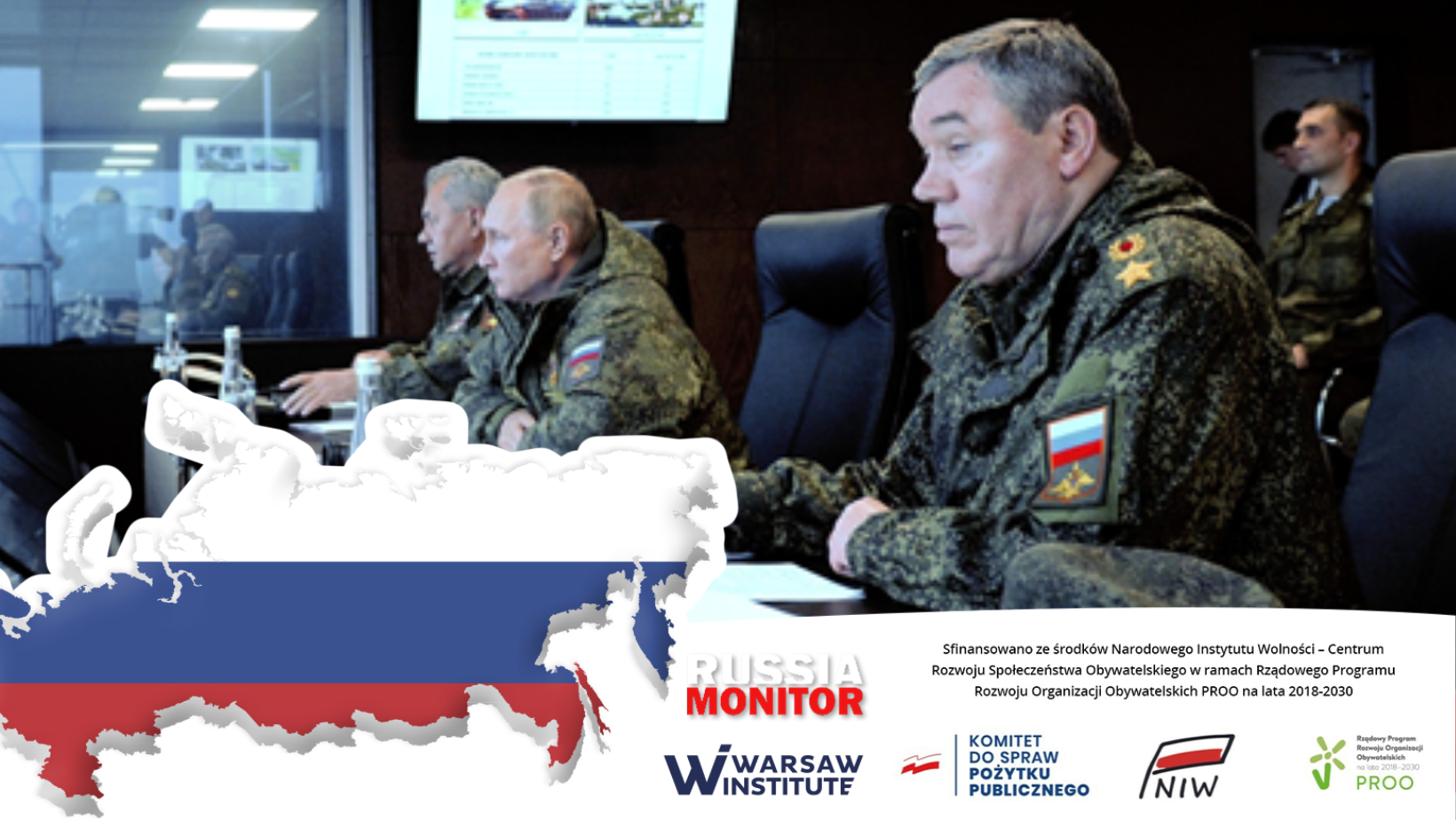
Shoigu, Gerasimov Continue Firing Senior Commanders
After a failed Wagner mutiny, top Russian military officials Sergei Shoigu and Valery Gerasimov carried out a radical change in Russia’s military leadership. That has not impacted Moscow’s war in Ukraine. It is known what eventually prevails––consolidated efforts of Russian commanders or the sacking of generals at the expense of people blindly obeying the orders of Gen. Valery Gerasimov, who since January has been in charge of what Russia names its “special operation” in Ukraine.
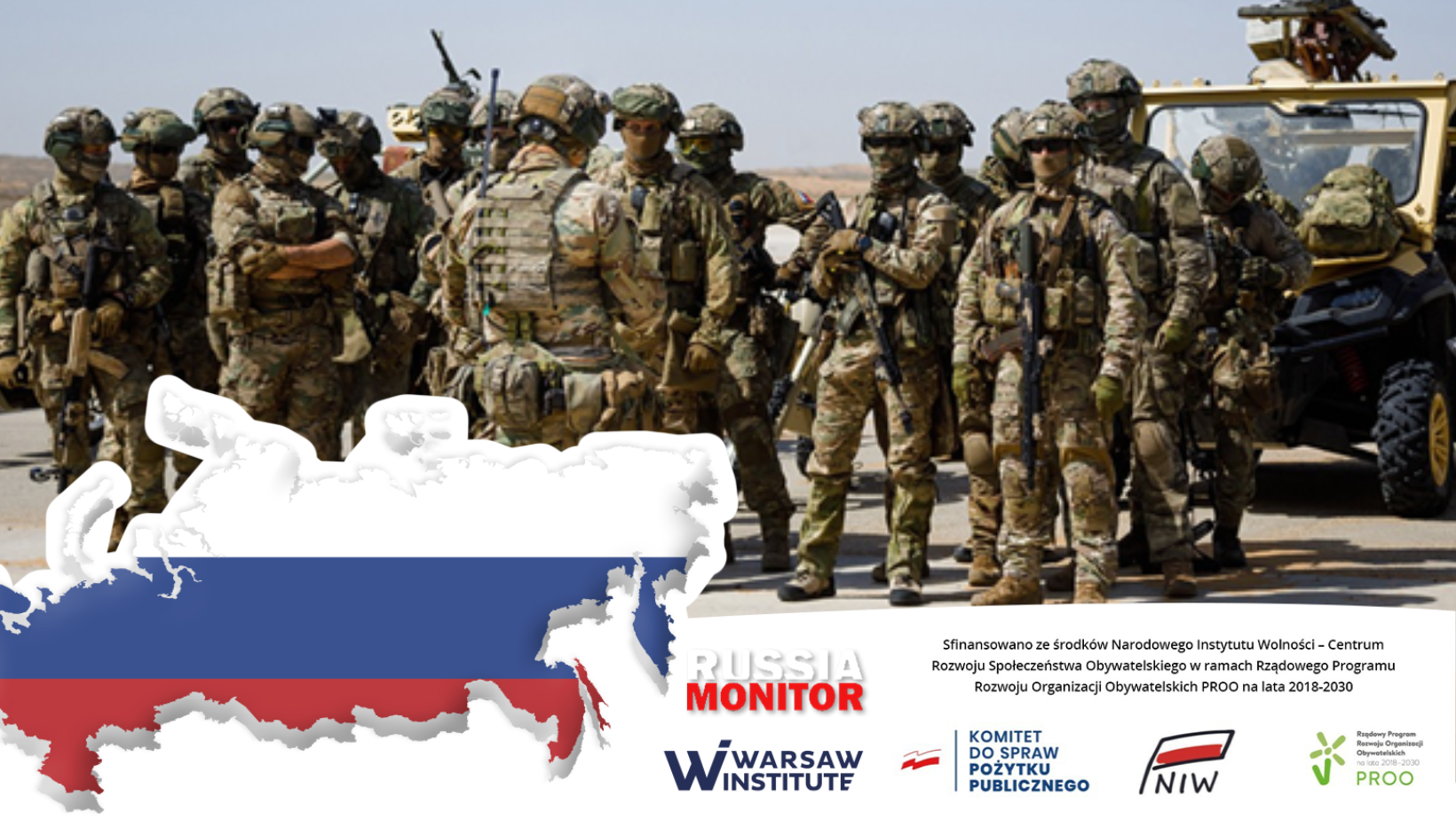
Wagner Closes Russian Base, Settles in Belarus
Wagner fighters will likely continue to redeploy from Russia to eastern Belarus in the coming month as the mercenary group has announced the closure of its Molkino military range in the Krasnodar region. Three weeks after a failed mutiny against Russia’s military leadership, the Kremlin and Wagner came to terms on how to handle Prigozhin’s assets.
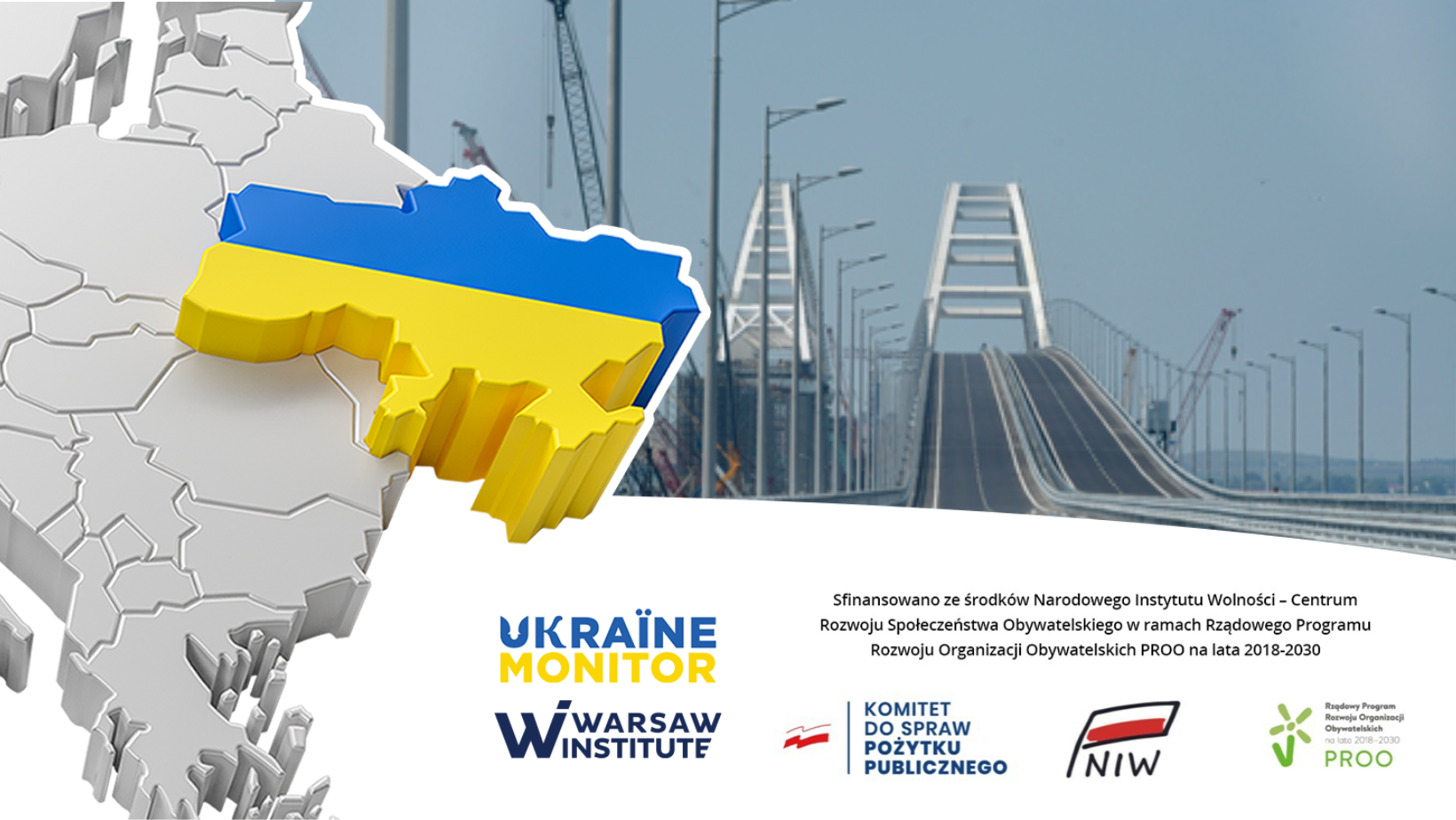
Explosions on Kerch Bridge Linking Crimea and Russia
The bridge linking Russia to Crimea was attacked in an assault that showed Ukraine’s ability to attack strategic assets deep into the Russian-controlled territory. The attack dealt another humiliating blow to the Kremlin’s prestige, and possibly to its ability to supply troops occupying Ukraine’s southern regions. The bridge has been a supply route for food, fuel, and other supplies for Russian troops invading southern Ukraine.
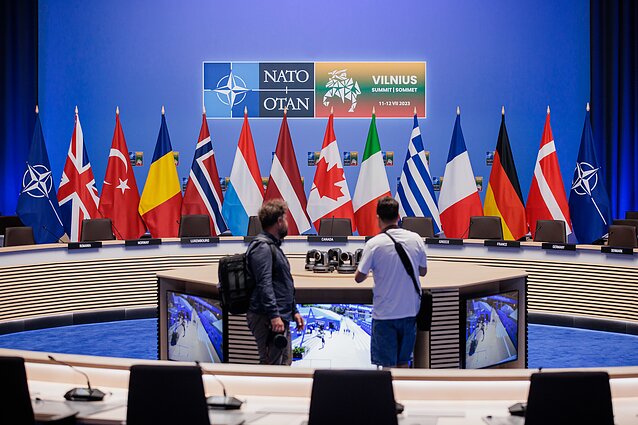
The State of Transatlantic Affairs Post Vilnius: Analyzing the Outcomes of the NATO Summit. Part I
The NATO Summit in Vilnius last week witnessed strategic deliberations guided by the principle of deterrence by denial. The Allies sought to deliver on the defense commitments made in Madrid last year. Three themes dominated the two-day meeting in the capital of Lithuania including, Ukraine’s accession to NATO, the defense investment and procurement pledge, and Türkiye’s decision to lift objections to Sweden’s membership.
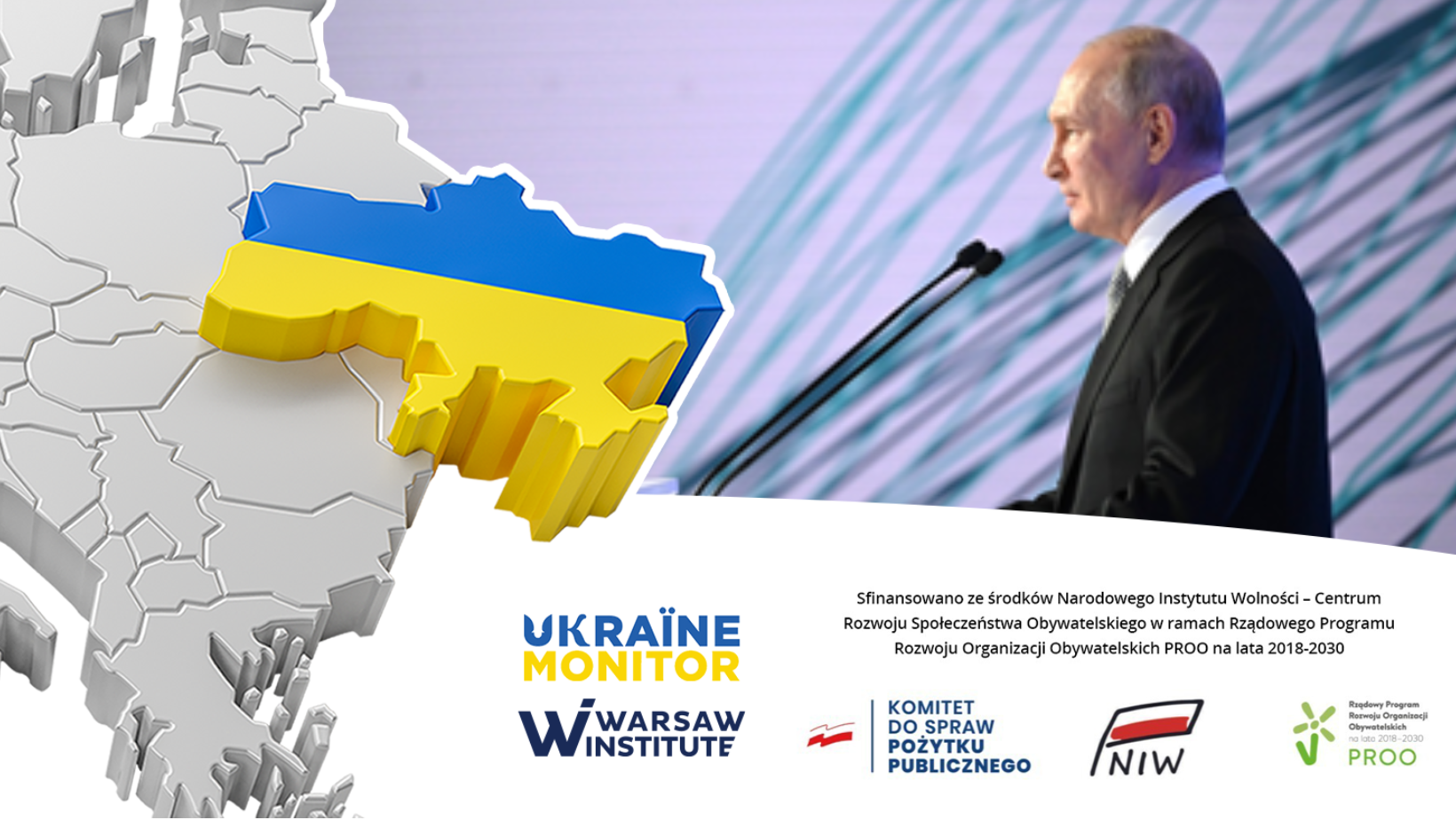
Russia Quits Black Sea Grain Deal
Russia pulled out of an international agreement that allows Ukraine to export grain through the Black Sea. Thus, Moscow could seek to take revenge on the Turkish president for his decisions that were not favorable for Russia while making attempts to force Western states into concessions.
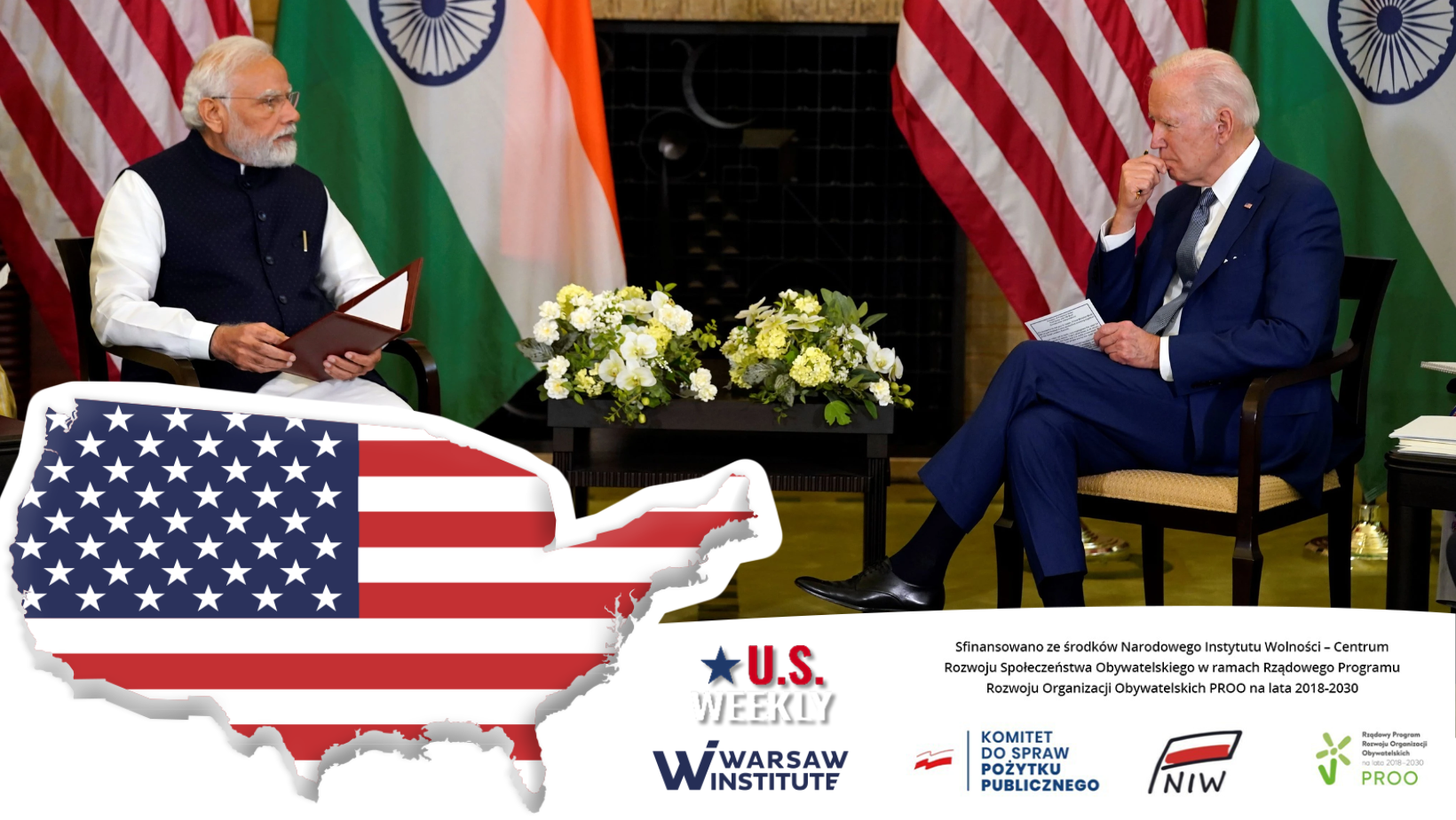
A Rather Flexible Partnership. An account on U.S. – India relations
Last June, the visit of Prime Minister Narendra Modi to the White House, hosted by President Joe Biden’s administration, marked the beginning of the U.S.-India Comprehensive Global and Strategic Partnership. While the visit was significant in strengthening strategic alignment and discussing the future of regional security in the Indo-Pacific, it also raised concerns regarding democratic values.
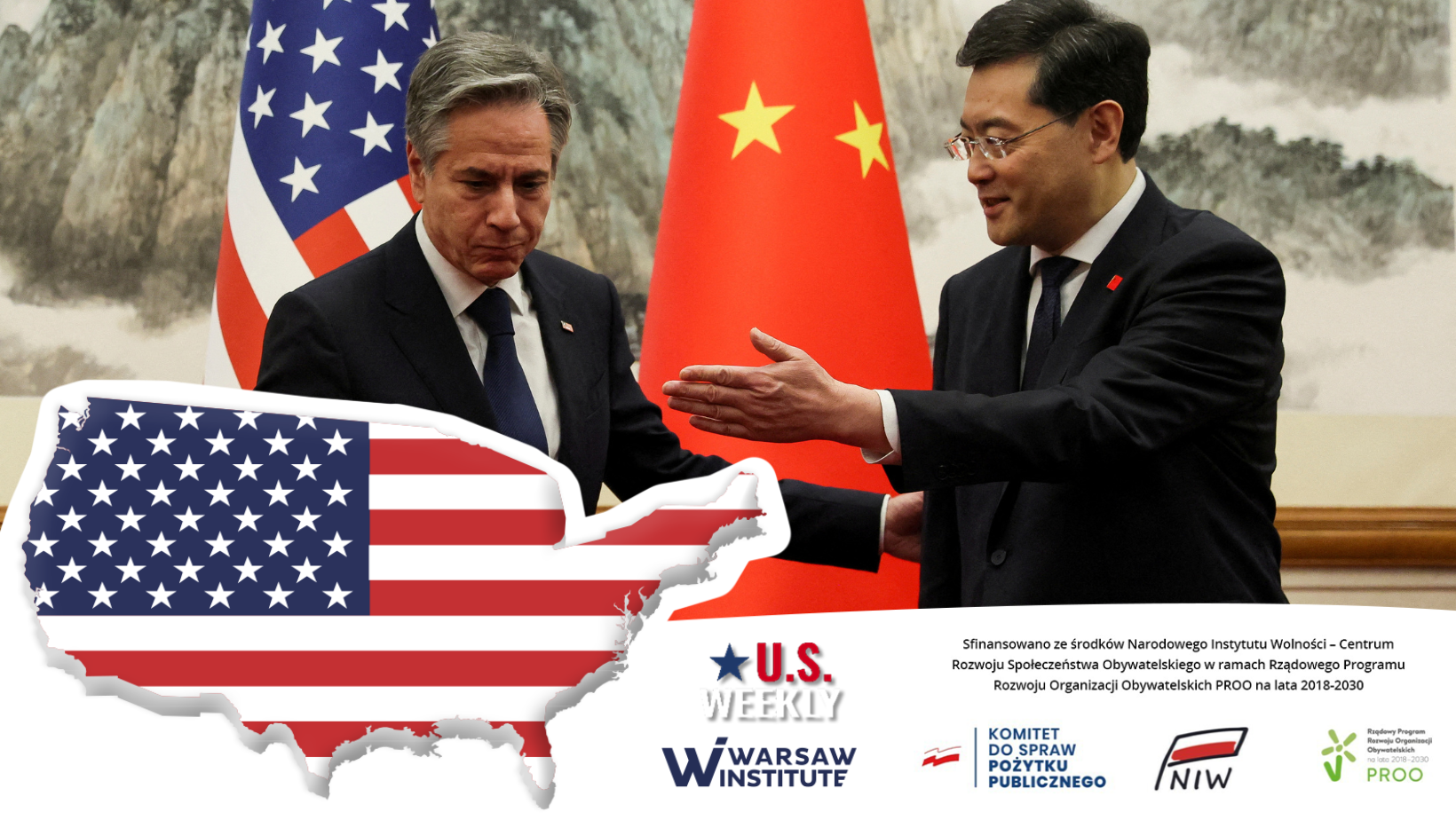
U.S. Secretary of State Antony Blinken Visited China in a High-stakes Trip Aiming to Dial a Tensions
On June 18-19th U.S. Secretary of State, Antony J. Blinken, travelled to the People’s Republic of China for meetings with President Xi Jinping, Director of the CCP Central Foreign Affairs Office Wang Yi, State Councillor and Foreign Minister Qin Gang.
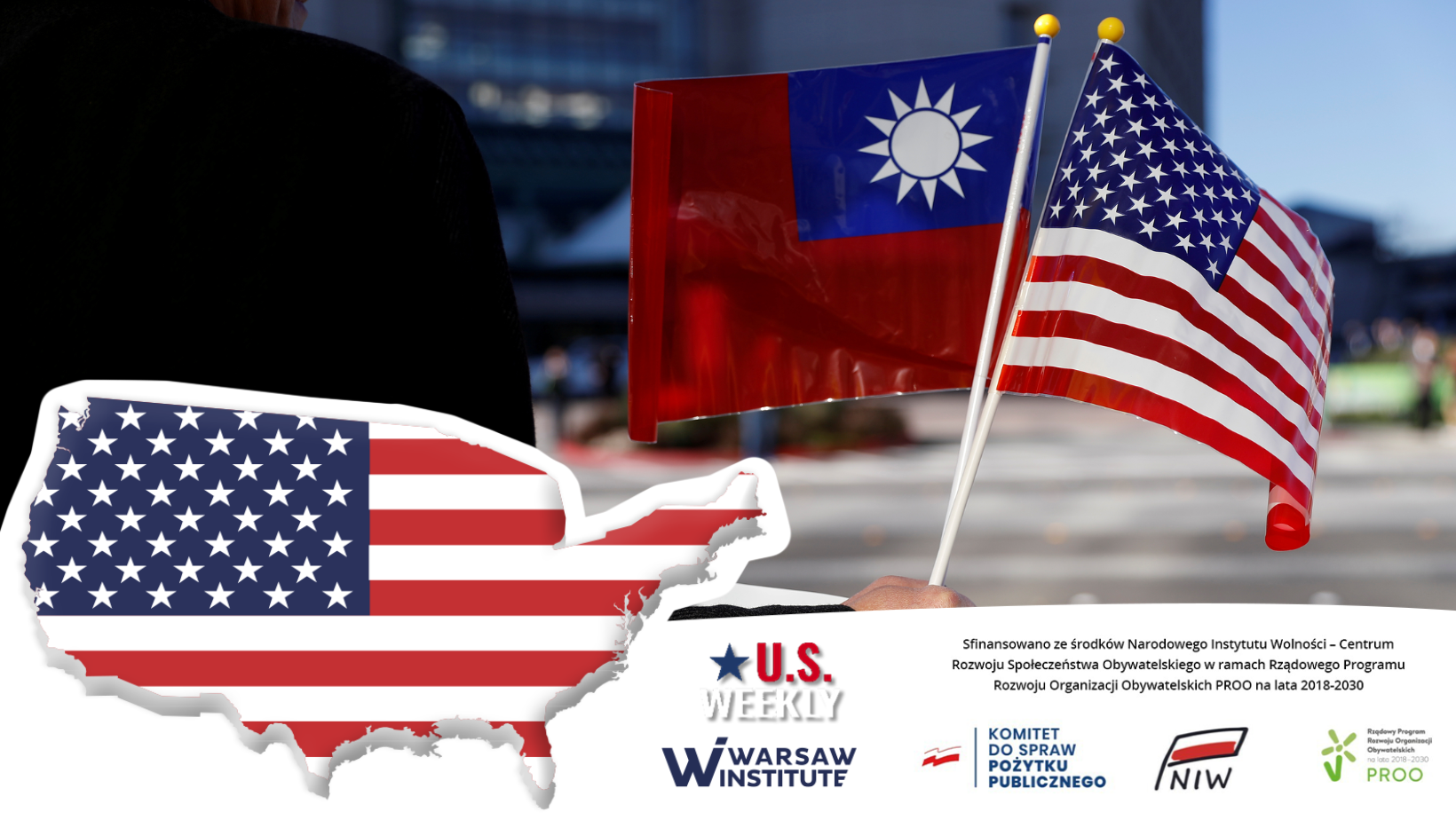
America’s Pivot to Asia
The US-Taiwan Initiative of 21st-Century Trade was unveiled last year in June. Less than a year after its announcement, representatives from Washington and Taipei concluded prime negotiations in May 2023. The Initiative represents a significant step forward in strengthening the U.S.-Taiwan economic relationship and is aimed to increase Taiwan’s ability to resist economic coercion from China.

Discounted Russian Oil Reaches Populous Pakistan
In June, Pakistan received its first-ever cargo of Russian crude oil in two batches containing 100,000 tons of oil each. Pakistan may use Chinese yuan to pay for discounted Russian crude oil, beneficial for the two countries. Energy cooperation between Moscow and Islamabad has just been inaugurated. Interestingly, the United States has accepted the idea of shipping Russian oil to energy-starved and dollar-strapped Pakistan.
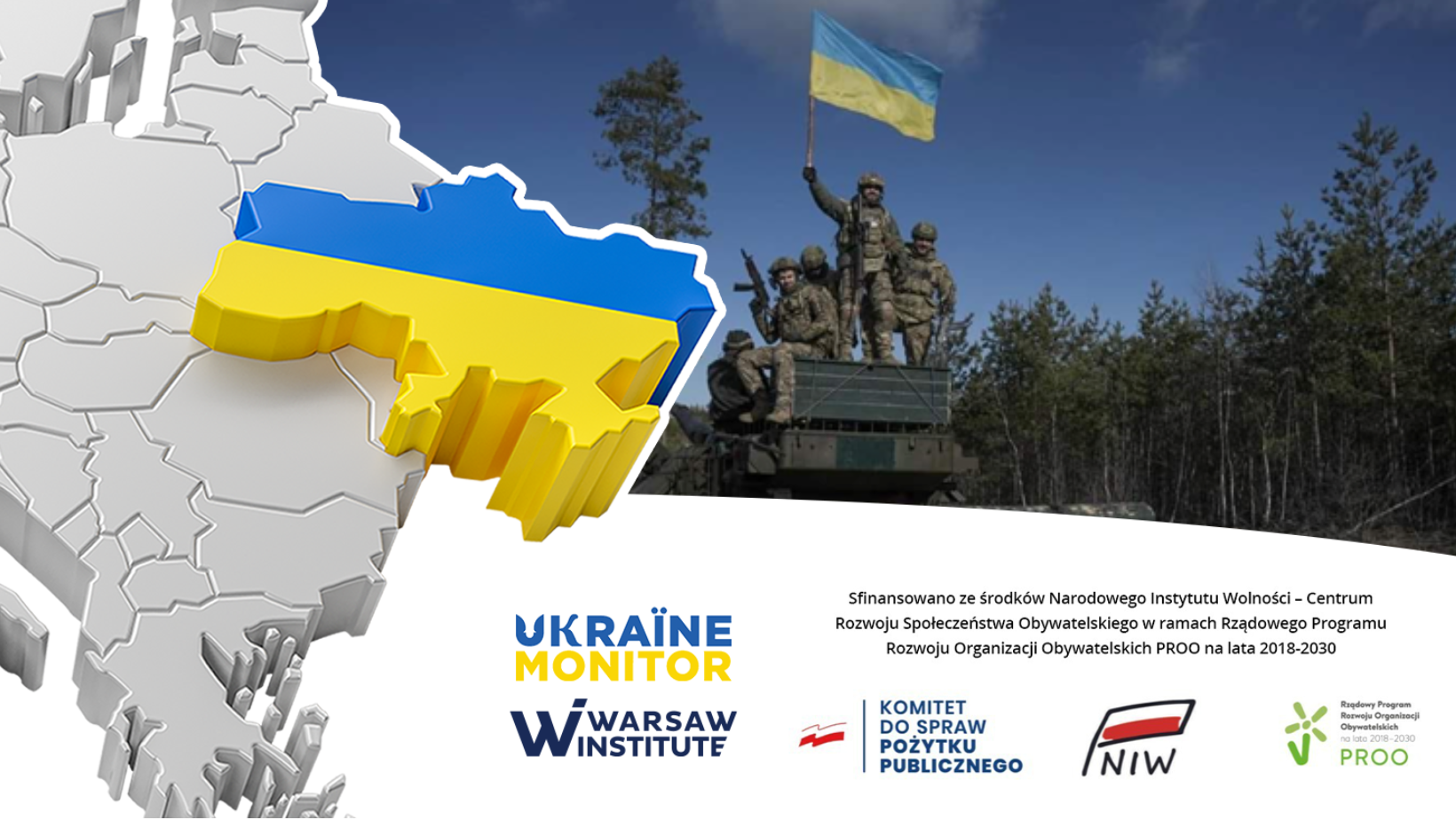
Ukraine Claims It Has Seized Strategic Initiative
Ukraine claims it has seized the initiative at the front as it continues its counteroffensive, while Russia appears to be mired in confusion following a rebellion attempt by the Wagner Group. Valerii Zaluzhnyi, the commander in chief of Ukraine’s armed forces, said on social media that he had a telephone conversation with the Chairman of the US Joint Chiefs of Staff General Mark Milley. He reportedly told Milley that Ukrainian forces have “managed to seize the strategic initiative at the front and have been pushing forward.” That was confirmed by Ukrainian military personnel and the country’s deputy defense minister. Oleksiy Reznikov, Ukraine’s defense minister, said Ukraine has not yet deployed most of its forces.

China’s Position On the War in Ukraine
China sees the war in Ukraine as a matter of resistance to the West that might belittle the importance of the United States and its allies worldwide. Thus, China is tightening ties with Russia while setting the stage for a diplomatic push to settle the conflict via negotiations. The war in Ukraine brings both opportunities and challenges for China.

U.S. and China Held Joint Drills Despite the Recent Escalation
On the June 5-8, 36 countries including US, China, Russia, India, and Pakistan participated in the 4th “Komodo” Multilateral Naval Exercise 2023 in Sulawesi – Indonesia.

Russian State Duma Backs Army Recruitment Of Criminals
The lower house of Russia’s parliament said it had voted to give its initial backing to legislation that will allow the Defense Ministry to sign contracts with suspected or convicted criminals to fight in Ukraine. People convicted of sexual crimes, treason, terrorism, or extremism would not be able to sign up.

Shoigu Sets A Trap For Prigozhin In Their Latest Feud
Russian Defense Minister Sergei Shoigu ordered all “volunteer units” involved in Moscow’s ongoing invasion of Ukraine to sign such contracts by the end of June to standardize Russian forces. The decree was in fact another chapter of a running feud between Shoigu and Yevgeny Prigozhin, the founder of the notorious Wagner mercenary group.
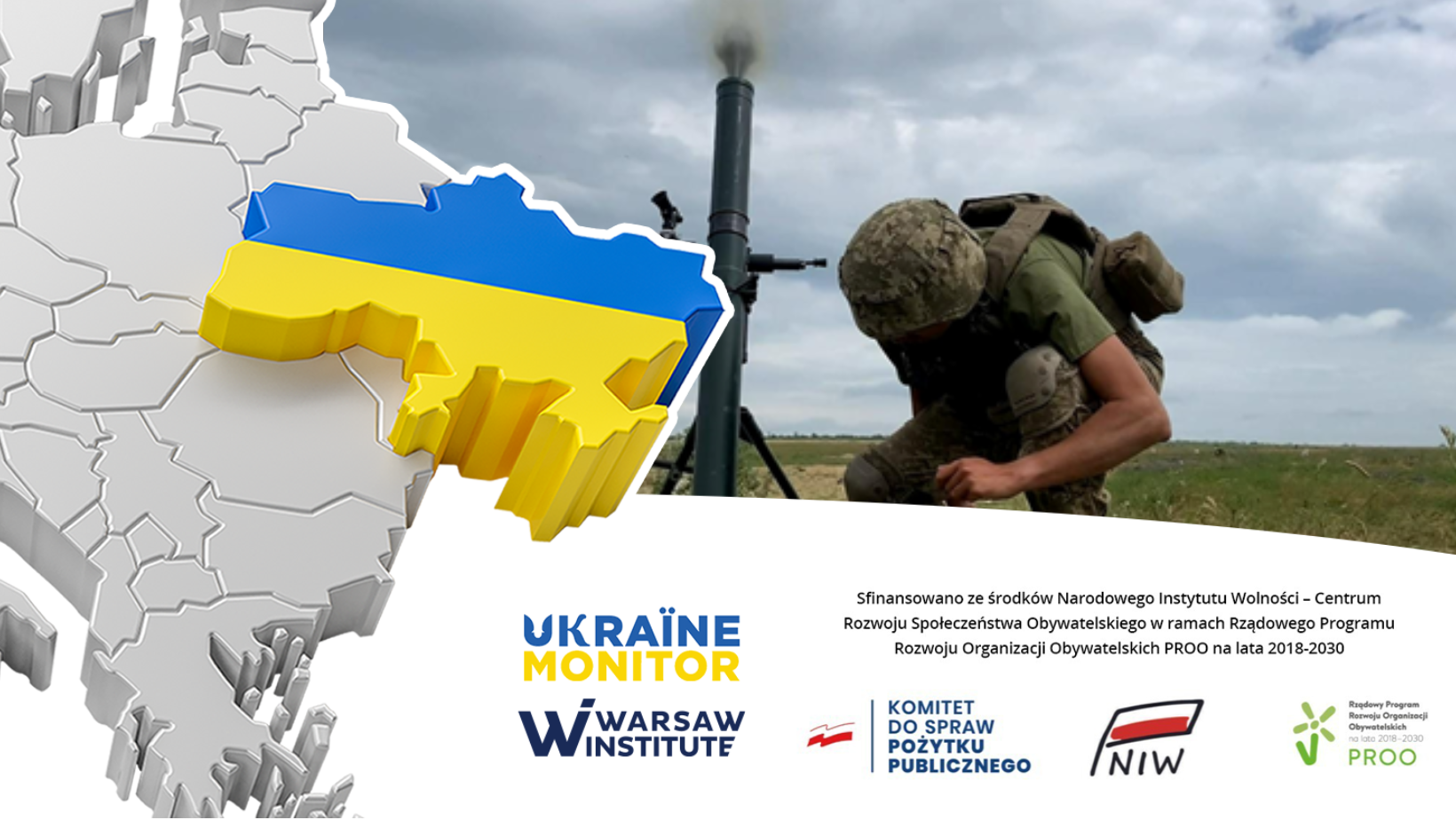
Ukraine’s Counteroffensive Continues At the War Chessboard
Ukraine’s long-awaited counteroffensive somewhat lost momentum after two weeks of heavy fighting. The command ordered a pause to add some updates to the tactics to neutralize a Russian advantage.

The EU’s Efforts to Combat Difinformation
Disinformation is a simple and inexpensive tool that helps achieve a set of specific goals: spread panic, influence political decisions, or increase social polarization.

